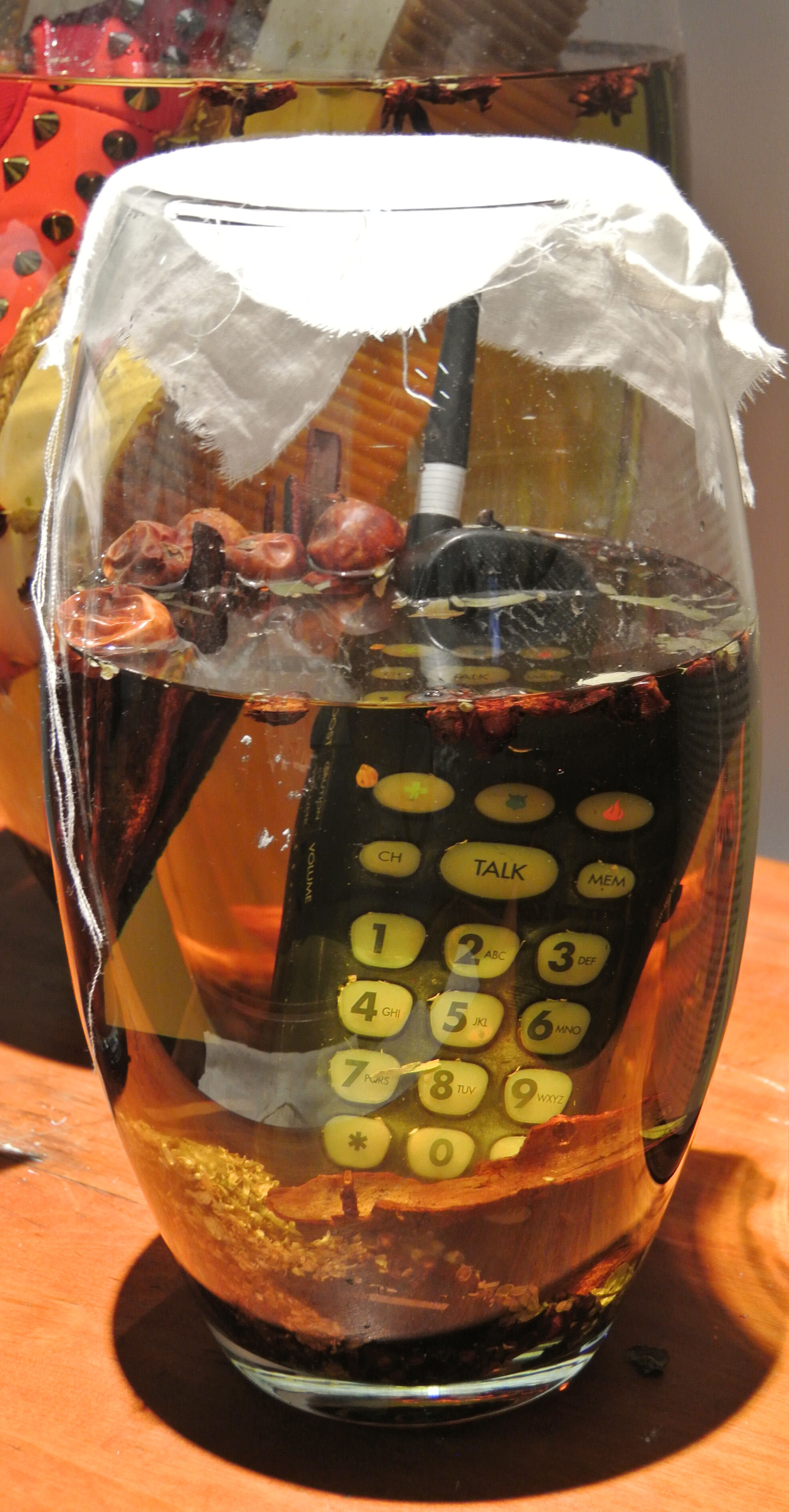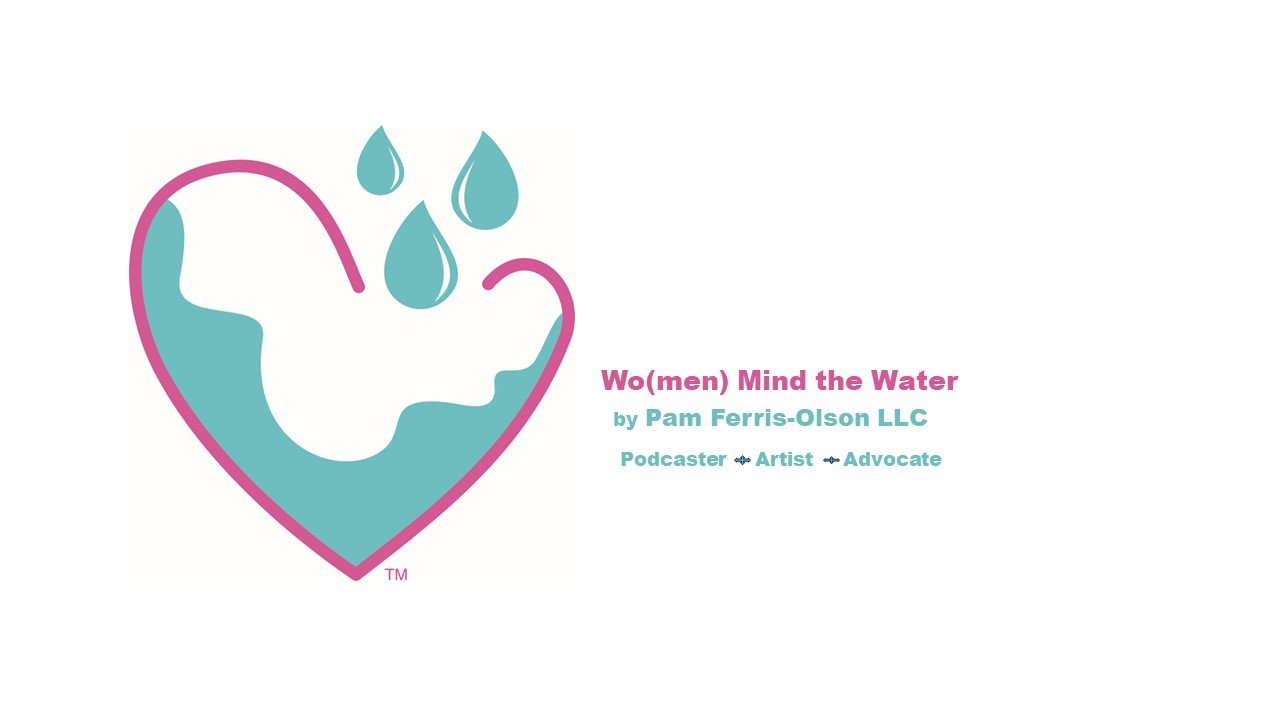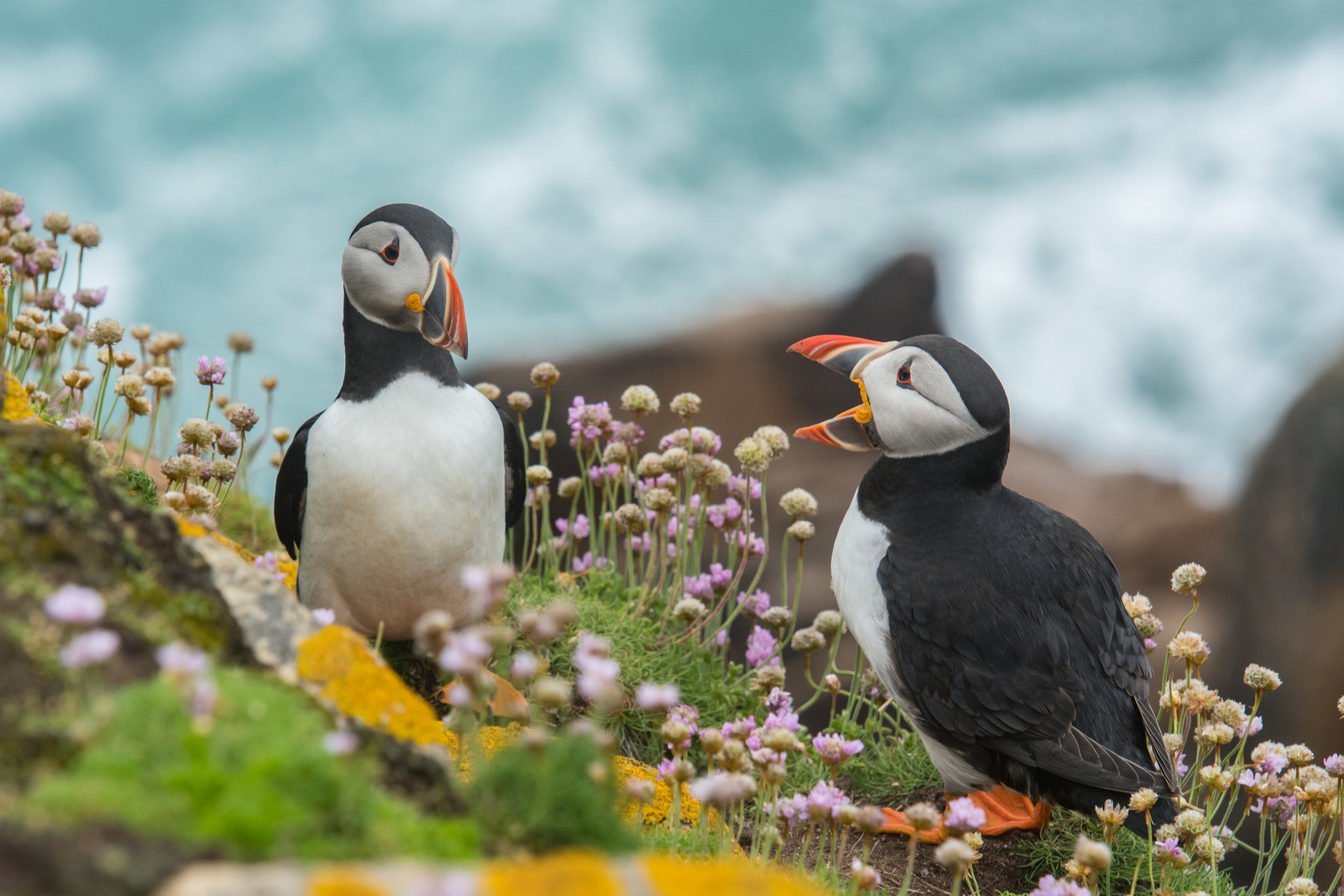
News and Updates
This section features stories that highlight how remarkable yet fragile the ocean is. It also speaks to the connection between humans and the ocean and our responsibility to protect it.
Stories, unless otherwise noted, are written by Pam Ferris-Olson, PhD. Pam has studied ocean creatures, worked in communication, and, as founder of Women Mind the Water, focuses on the relationship between humans and water. Her Wo(men) Mind the Water Artivist Series explores the work of artivists (artists +activists) and their impact in influencing change.
Seagrass: Large Enough to See from Space but for How Long?
Seagrass meadows are critical marine habitat because they are the foundation of a highly productive marine food web. Their degradation results in increased coastal erosion, wave action, and ocean acidification as well as declines in commercially important fish and shellfish species, water quality, and carbon storage contributing to further effects of global warming. Seagrass meadows are being lost at a rate of around 7% annually, equivalent to two football fields every hour.
Maine Lobster takes on Monterey Bay Aquarium
I have written regularly about the ongoing conflict between Maine’s lobster fishing industry and conservationists concerned about the survival of the North Atlantic right whale. The latest actions is that the lobster industry has taken aim at California’s Monterey Bay Aquarium, more precisely the Aquarium’s Seafood Watch program, because they downgraded its rating for lobster caught in Canada and Maine to red, an indication that the seafood should be avoided. The Maine legislature is also targeting Whole Foods as they have chosen to follow Seafood Watch’s guidance. It is clear that the back and forth between lobster and North Atlantic right whale interests shows no signs of abatement with much at stake.
Photo Recognition Software, New Tool for Understanding Harbor Seals
I don’t know about you but I find harbor seals irresistible. They are one reason I love to kayak in Casco Bay. I never know when one of their roundish heads will appear on the surface. Though curious, seals are cautious creatures, I can never get too close, thus, it is nearly impossible to get to recognize any one seal by sight. Fortunately, seal researchers are making progress in understanding these enigmatic creatures. The latest tool developed at Colgate University is machine learning software that recognizes the faces of individual seals with 95% accuracy.
Ghost gear- A marine problem with wide ranging impacts
Ghost gear is a global problem that is estimated to kill between 5-30 percent of harvestable fish stocks as well as incidentally harming or killing all manner of marine life including whales, seals and sea turtles. An estimated 600,000+ tons of fishing gear annually is lost as a result of inclement weather; entanglement with other gear, debris, underwater obstacles; or purposely discarded. The modern phenomenon of long-lived ghost gear remains a hazard for centuries because it is made of forever plastics. It impacts marine life, navigation, and fishing operations as well as the health and economic well-being of humans.






